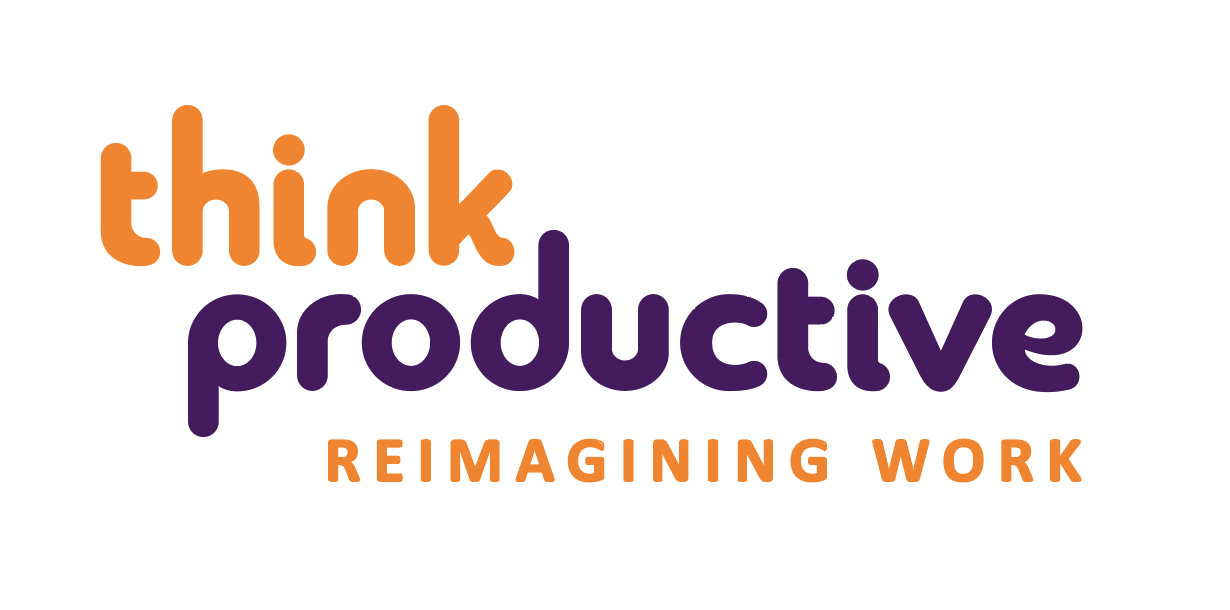February has been a strange month. With the dice man experiment, I’ve made decisions big and small by the throw of the dice. Am I glad it’s over? Maybe. Would I do it again? Maybe. Will I miss the dice? Definitely.
Such is the nature of the dice, it’s difficult to be feel fondness or resentment towards the inanimate object that has guided so many key moments during my last month. The dice have brought rushes of excitement and feelings of liberation, as well as moments of dread and regret.
So as I sit here writing this – because the dice told me I needed an ending – at 10pm on the last night of February, I say farewell to the dice. And I thank the dice for what I learned. The dice confirmed many of the assumptions I made in my original hypothesis. In particular, here are some highlights from my learning:
 Action in any form trumps indecision
Action in any form trumps indecision
Action brings momentum. Even if you make a poor decision, you can change it. Even if you get started and start something badly, it’s easier to see something to disagree with on a page than see a blank page. Sometimes the dice are all you need to get over the hurdle and get started. Movement matters.
Perfection and order is a cultural disease
It was fascinating to encounter so much resistance to the whole notion of randomness. People didn’t even like the idea of me making a random decision, let alone the idea that they might make one themselves. We’re programmed at school to be sensible, to do things conventionally and to blend into the background. The dice have assisted me in making the everyday just that little bit less beige, and have helped make boring work less boring. And it’s helped me explore and appreciate all the possibilities we never usually see. That can’t be a bad thing, can it?

Habits are engrained
Possibly the biggest failure of the diceman experiment was that I didn’t use them more. I never set out to make every decision by dice, but there were days when my rolling was on a roll, and days where I made only a small number of decisions by dice. What I think this proves is that we spend so much of our time not thinking about the process of what we do. We just…do stuff. We get up, go to work, do our work in the usual way, go home in the usual way and so on. I had some odd experiences and some disjointed days thanks to the dice, but if I had the month again, I might well commit more of the design of my days to the dice. In hindsight, perhaps that was a missed opportunity.
Living is easy with eyes closed
Decisions that you don’t feel responsible for don’t feel like they really matter, even when the decision has a negative consequence. If I make a bad decision myself, I curse myself for getting it wrong, whereas when the dice make a decision, you can blame the dice and focus on the experience of the negative consequence or focus on rectifying it. This perhaps illustrates how central pride and ego are to our work and indeed our whole lives: I am particularly passionate about good ideas, so good decisions become a source of professional pride, probably much more than is probably healthy. I think this probably hinders productivity because we tangle identity with success, making what should feel easy and emotionless seem important and dangerous. If you’re someone who spends most of your time in control and taking responsibility for things, there’s something wonderful about going from leader to follower, even just for a short moment. It helps us remember that there’s really “nothing to get hung about” after all.
Decisiveness is easy when you have a gun to your head
On the flipside, what was interesting and very positive was the effect the dice had on my ability to make my own decisions. Knowing the dice would be asked the question if I didn’t make a decision straight away, and learning from the dice (which always makes a decision in an instant), certainly sharpened my ability to follow suit and play the game of life with just a little more freedom and a little less ego.
So, aside from being a month fraught with “danger”, the diceman experiment has been a lesson in being present, thankful and grateful – in the good and in the bad. And a lesson in taking things just a little less seriously. After all, what have we all got to lose anyway?
So then, it’s goodbye to the dice.
Or is it… Double or quits?
Let me go and ask the dice.
Like this? Try these
If you need help getting things done, try one of our workshops. Book onto one of our time management courses here
Pick up the book that inspired the experiment, The Dice Man, here
———————————————————————————————————————————

